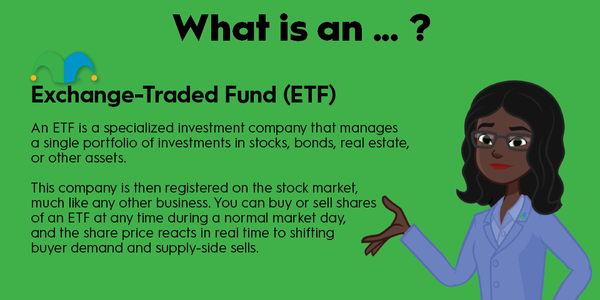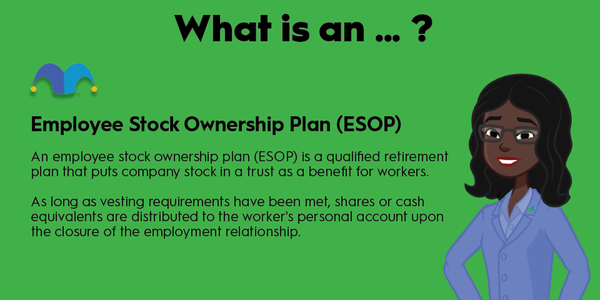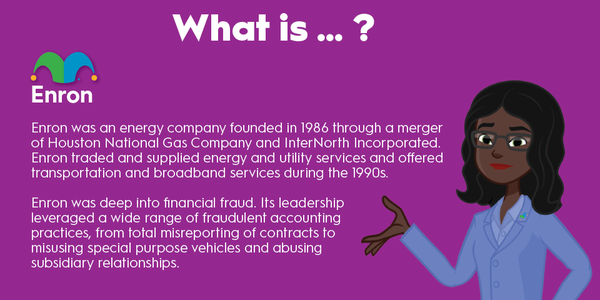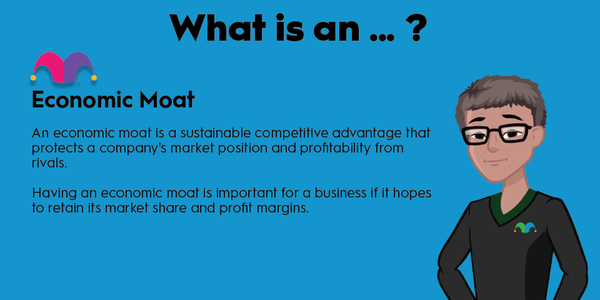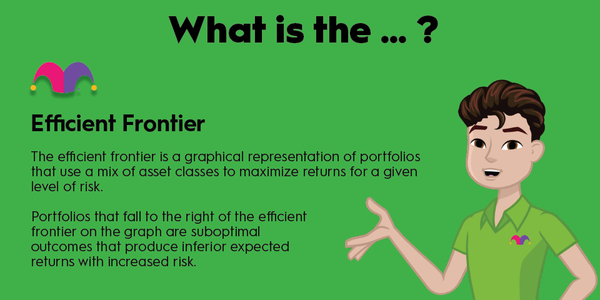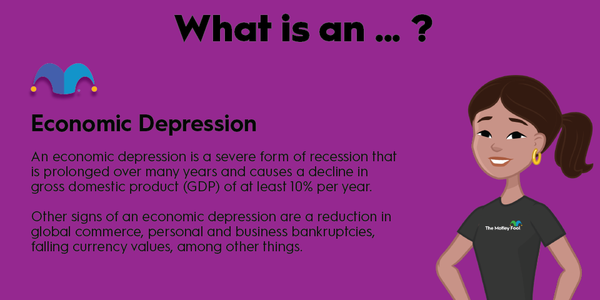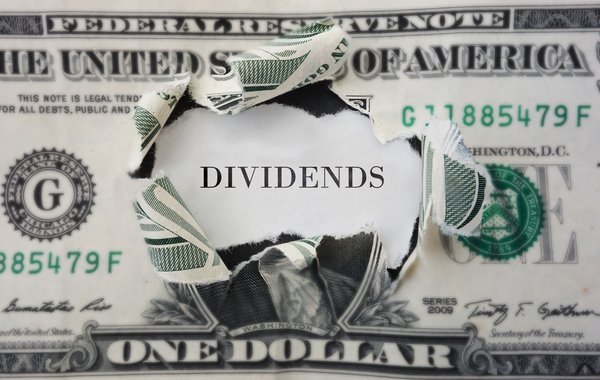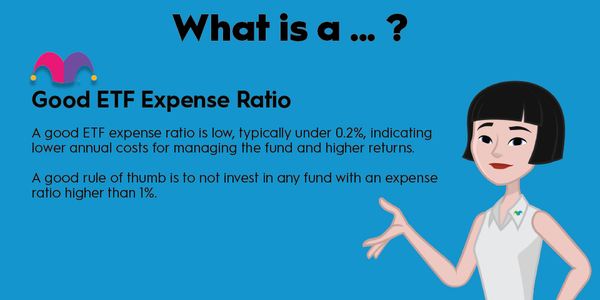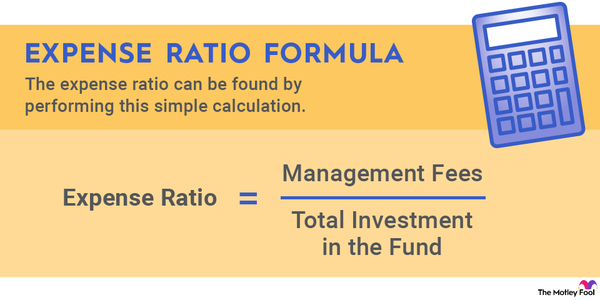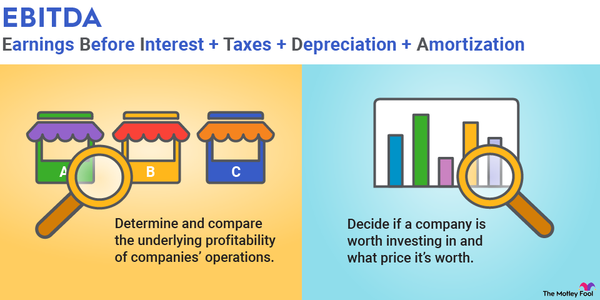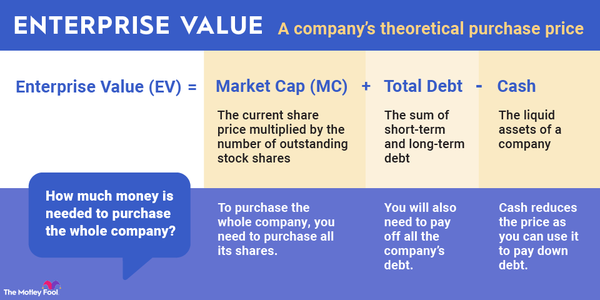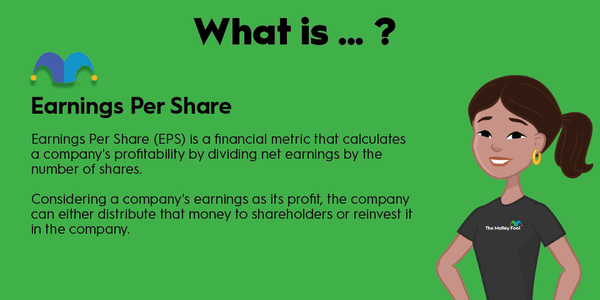Publicly traded companies communicate with their shareholders and the general public in a number of ways. They issue press releases when they have news to report. They file reports about quarterly earnings and material news events with the Securities and Exchange Commission (SEC), and they hold earnings calls each quarter.

During these calls, they discuss financial results and topics like company initiatives, the business environment, and the competitive landscape. They also field questions from Wall Street analysts during earnings calls, allowing investor representatives to address company management and solicit more information.
What is an earnings call?
What exactly is an earnings call?
Earnings calls are quarterly conference calls management holds to discuss financial results. Typically, the earnings call immediately follows the release of the quarterly earnings report.
While the SEC requires companies to report earnings and file a 10-Q (quarterly) or 10-K (annual) report, holding an earnings call is not required. However, such a teleconference has long been customary for most publicly traded companies, and almost every major company holds an earnings call.
One exception is Berkshire Hathaway (NYSE: BRK.A, NYSE: BRK.B), Warren Buffett's conglomerate. Berkshire typically releases earnings reports on a Saturday with little fanfare.
What happens in an earnings call?
What happens in an earnings call?
Earnings calls typically follow a similar script. They are usually hosted by the company's chief executive officer (CEO) and chief financial officer (CFO). They also may include other executives, such as the chief operating officer (COO), to help answer questions and provide additional color.
The call begins with a scripted high-level discussion of the quarter by the CEO. This could include the overall performance, product launches or initiatives, and any successes worth noting or new challenges that have arisen.
The CEO's discussion is followed by a walkthrough of the financial results, usually by the CFO. At the end of the CFO's scripted portion, they often discuss guidance for the current quarter or the full year.
Once management completes their presentation, the call moves on to a question-and-answer (Q&A) session. Management fields Wall Street analysts' questions regarding the results, guidance, macroeconomic environment, and competitive landscape, among other topics.
C-Suite
The Q&A session is a good opportunity for analysts and the public to learn new things about the company since the scope of their questions tends to be broad. Management generally takes questions from around a dozen analysts. For most large companies, the earnings call lasts about an hour, although it can be significantly shorter depending on the number of questions.
Why you should listen to earnings calls
Why you should listen to earnings calls
Earnings calls offer unique opportunities to hear management's thoughts about the company's current performance. Further, the dialogue with Wall Street analysts can reveal information and anecdotes you won't get elsewhere.
It's a good idea for investors to review most of the information released each quarter, including press releases, presentations, and 10-Q filings. However, the earnings call often contains information not found in any of those filings.
In addition to a frank discussion about the company's results and performance, the earnings call can also contain information and discussion about new product launches, acquisitions, layoffs, share buybacks, or other material announcements investors should know about.
While listening to the earnings call is more time-consuming than reading an earnings release, it's the best way to gauge management's current perspective, get a sense of what Wall Street thinks about the stock, and learn something new about the company.
A good example of an earnings call
What's a good example of an earnings call?
One company that tends to follow a similar routine with its earnings calls is Meta Platforms (META 0.43%), the social media company that owns Facebook and Instagram.
CEO Mark Zuckerberg typically begins a call with a discussion of how individual products, such as Reels -- its TikTok-like short-form video server -- have performed. Zuckerberg also makes an effort to discuss the company's progress toward its goals, including the metaverse and the upcoming Quest 3 headset.
And Zuckerberg is unafraid to delve into larger themes, such as the company's battle with Apple (AAPL -0.35%) to own the next computing platform or to correct the media narrative that the company was stepping back from the metaverse (which he said it isn't doing).
Related investing topics
Following Zuckerberg's presentation, CFO Susan Li discusses the financial results and guidance, including data points, such as its user base, and more qualitative metrics like engagement. She closes her presentation with a review of the company's guidance.
Meta's Q&A session tends to follow a similar cadence to most earnings calls. However, Zuckerberg is more forthcoming than most CEOs, making Meta's earnings calls especially informative.
Whether you're investing in a bull or a bear market, it pays to be an informed investor. And one of the best ways you can do that is by listening to the earnings calls of the stocks you own.
